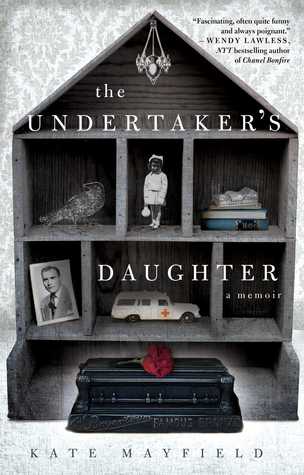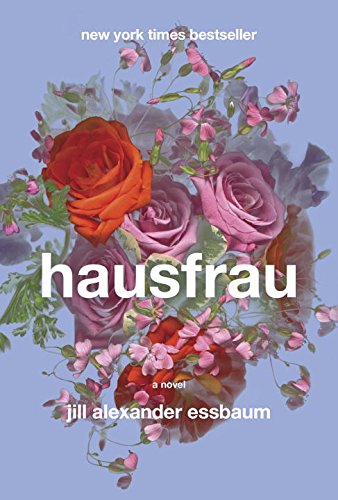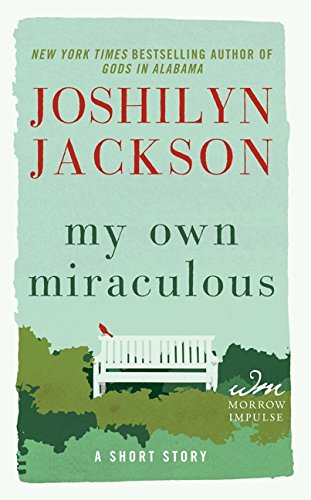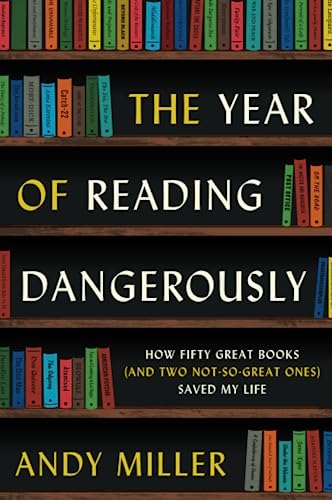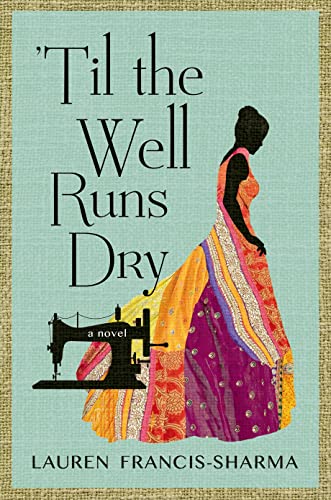It is the 1960s in Palo Alto, California and Frankie has just moved to town with her husband. In hopes of combatting her loneliness in this new place, she takes her kids to the local park looking to make friends with the group of women who appear there daily. The women are a varied bunch who initially come together at the playground over their children. There's Allie, Kath, Linda, and Brett. Though they are different politically and from different backgrounds, they become friends thanks to their shared love of books, meeting at the playground, getting together to watch the Miss America pageant, and even creating a writing group after Frankie suggests it, each of them working at her own pace towards writing a novel. The women become a tight group of friends who weather not only the amazing time in history they live through, but also the sorts of large and small events that fill each of their lives: divorce, infidelity, infertility, cancer, standing up to the prejudice against interracial marriage, deploring the lack of opportunity for women in athletics, and more. The Wednesday Sisters group is not just a writing critique group, they are a group of friends who are ready and waiting for the nascent move toward more options for women beyond simply being wives and mothers.
Clayton has created a lovely tale of female friendship and creativity peppered with the changing times of the sixties and the seventies. All of the women are forging new lives for themselves, stretching themselves beyond the expected roles imposed on them by society and their husbands. Each of the women is very distinctive as Frankie tells the story of the group through the years so that there's no confusion over which of the friends is the one around whom the group is rallying at any given point in the narrative. The characters seem to each represent a different aspect of feminism, which could be a bit clichéd, but the genuine, caring support system, one not without its clashes incidentally, they create for each other makes the portrayals feel more real than the stereotypes would suggest. The plot is evenly paced and while there's no real surprising climax, there doesn't necessarily need to be one. A heartwarming, nice tale, this is an ode to the importance of women's friendships and to nurturing creativity, over all a lovely and empowering novel.




 Because I had gifts arriving even at my parents' house, I got two more gifts for myself delivered this past week before Santa even arrived. I think that might put me on the naughty list. This past week's mailbox arrivals:
Because I had gifts arriving even at my parents' house, I got two more gifts for myself delivered this past week before Santa even arrived. I think that might put me on the naughty list. This past week's mailbox arrivals:





